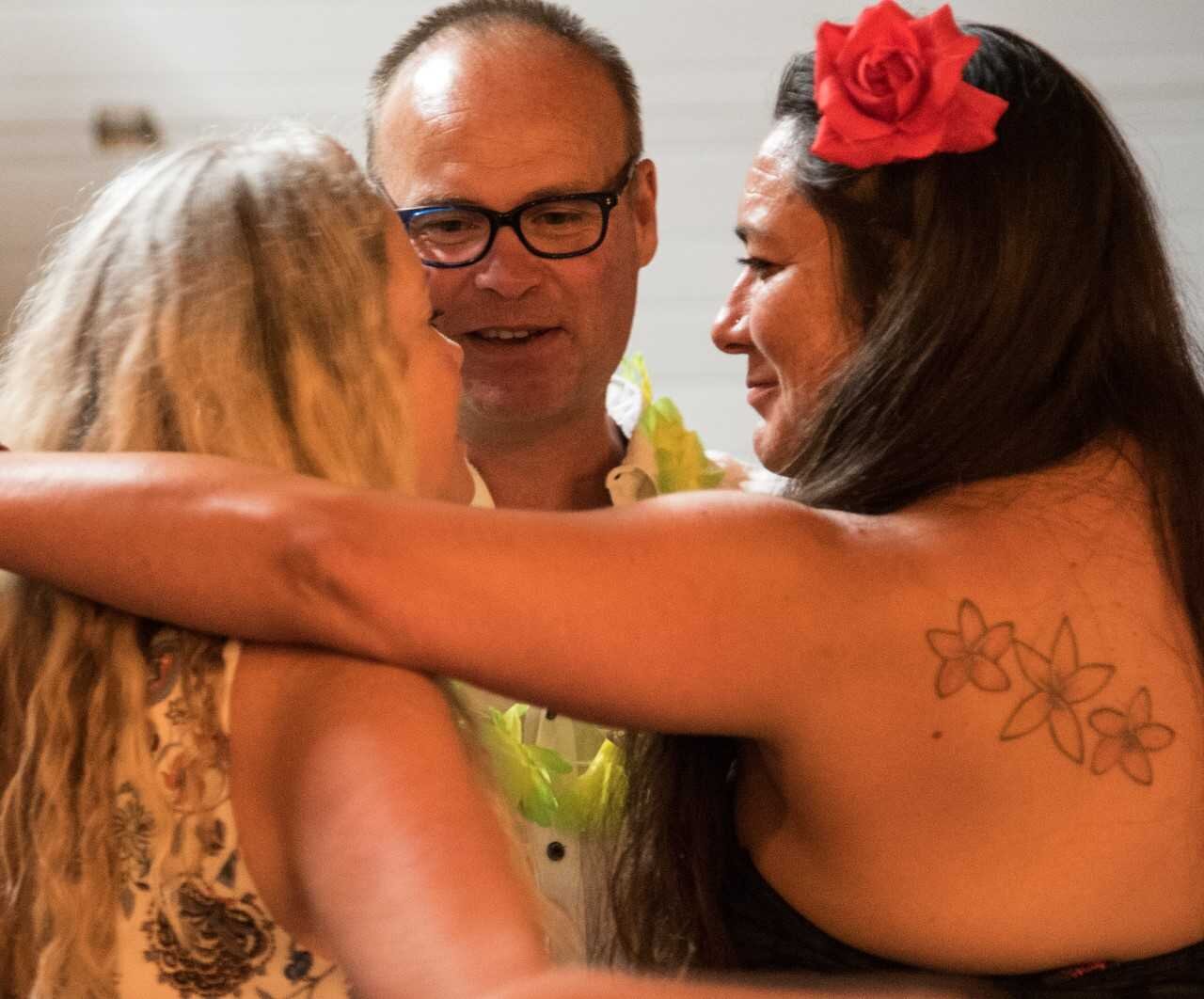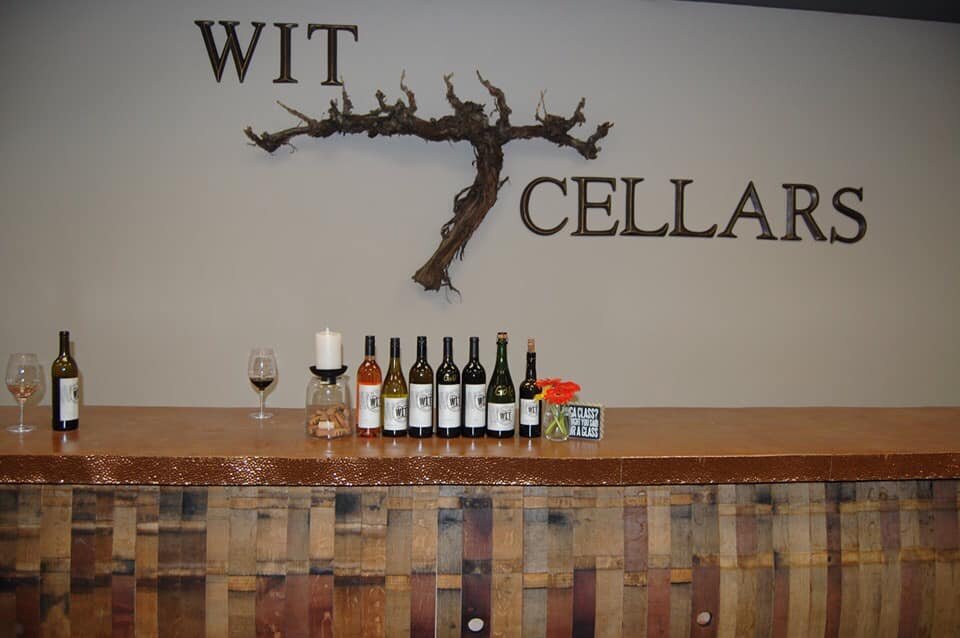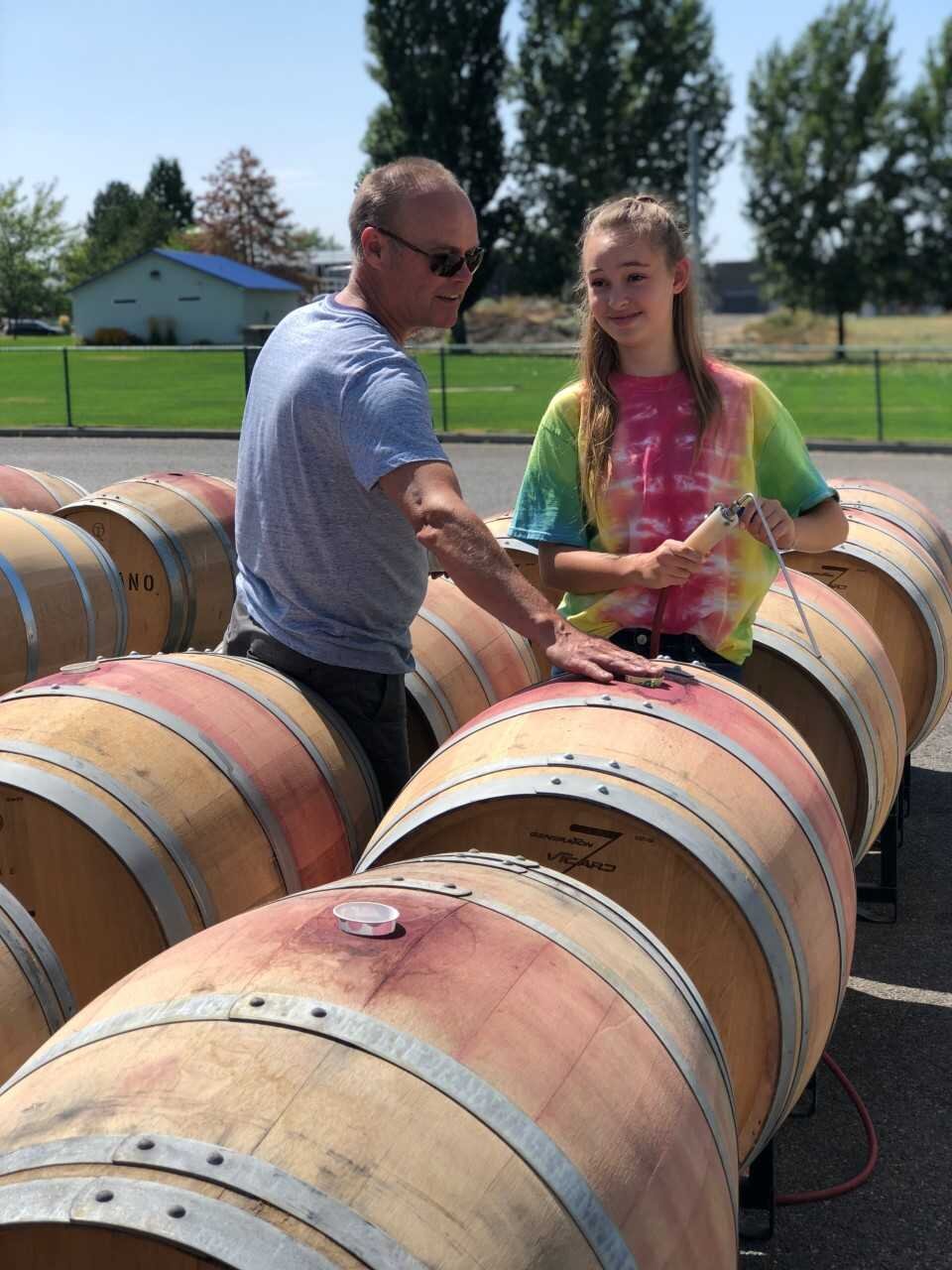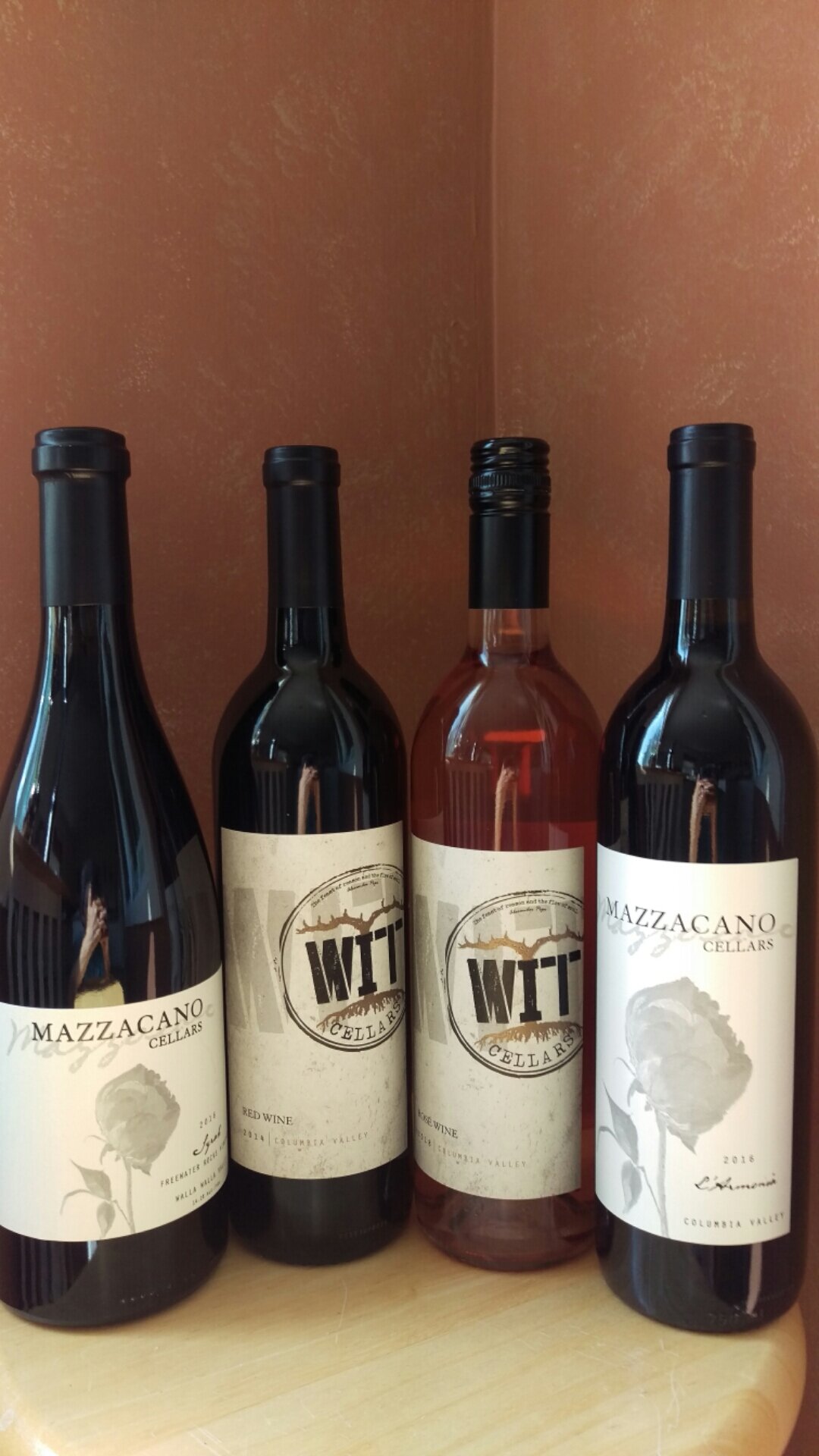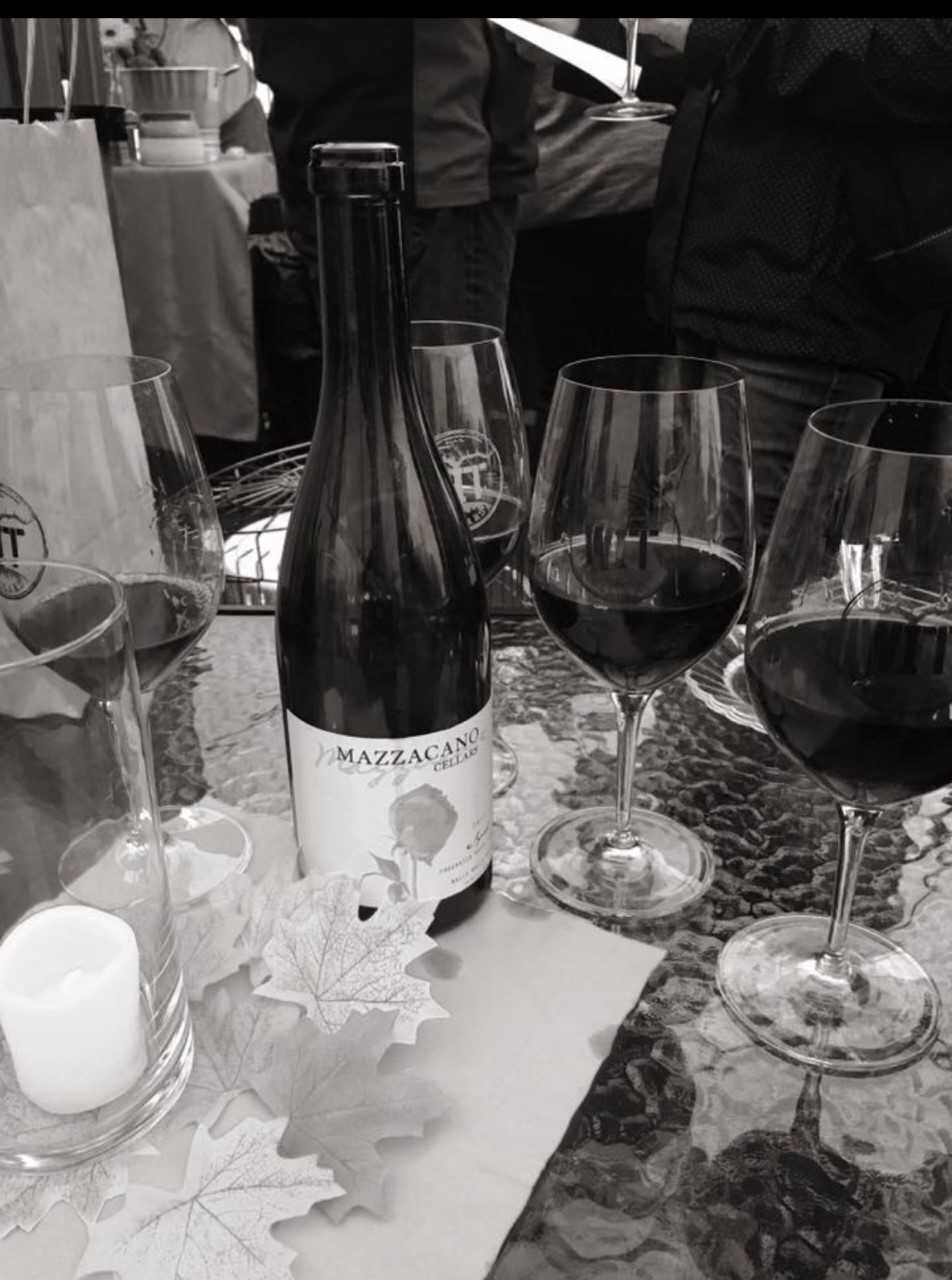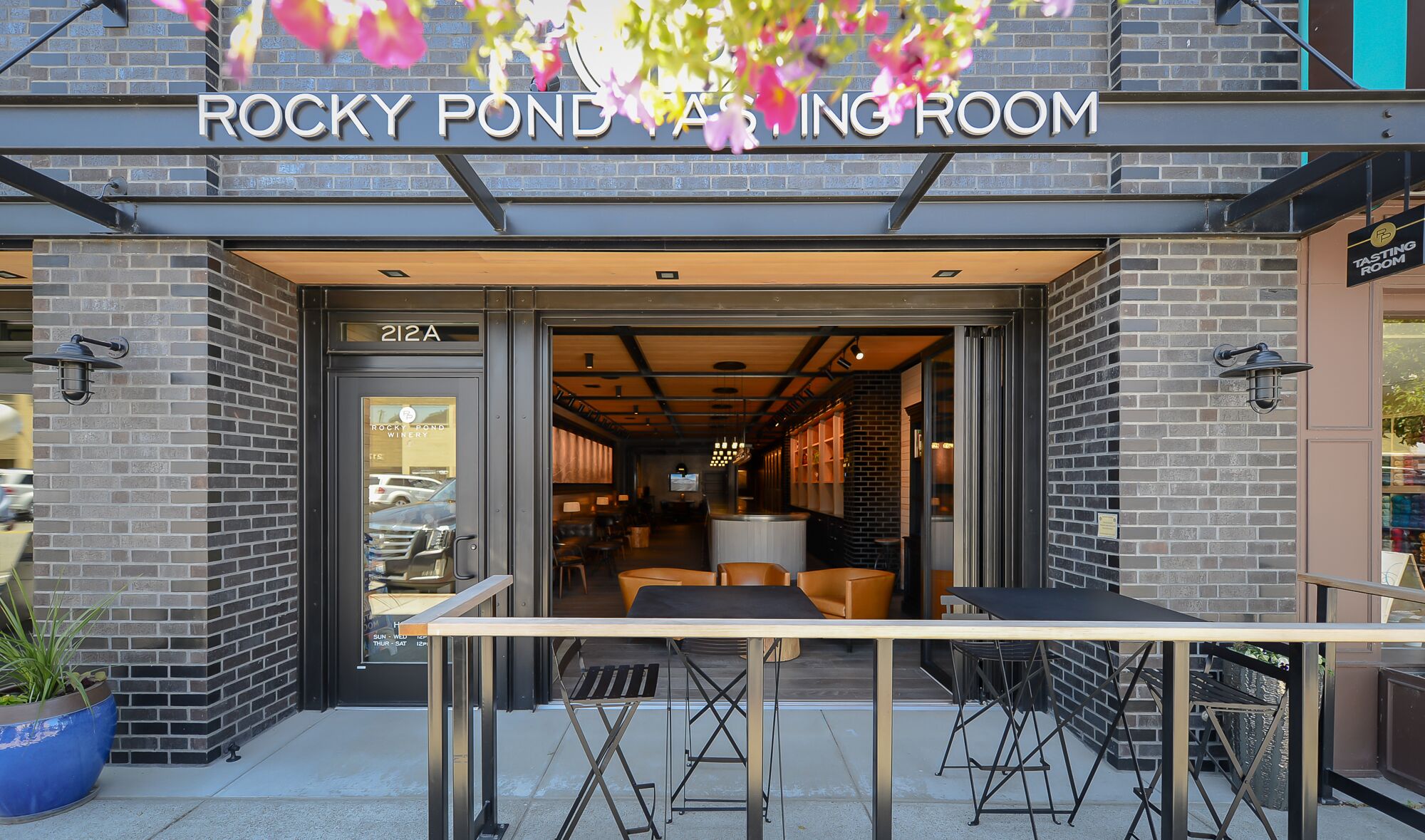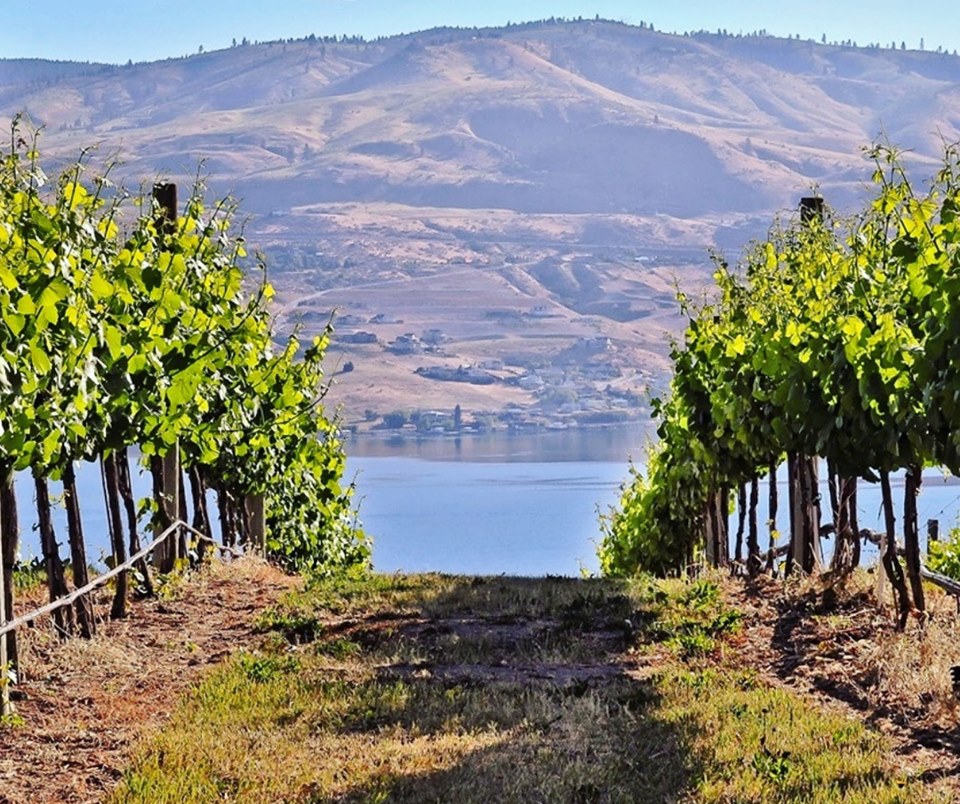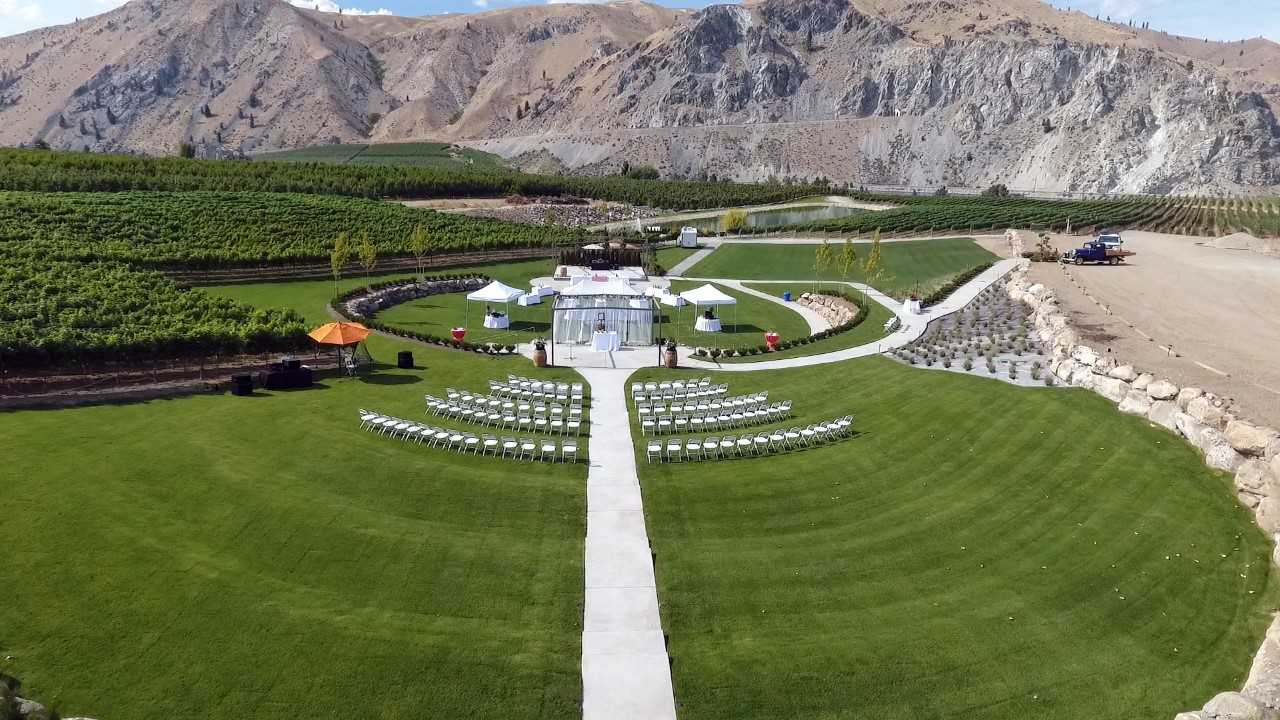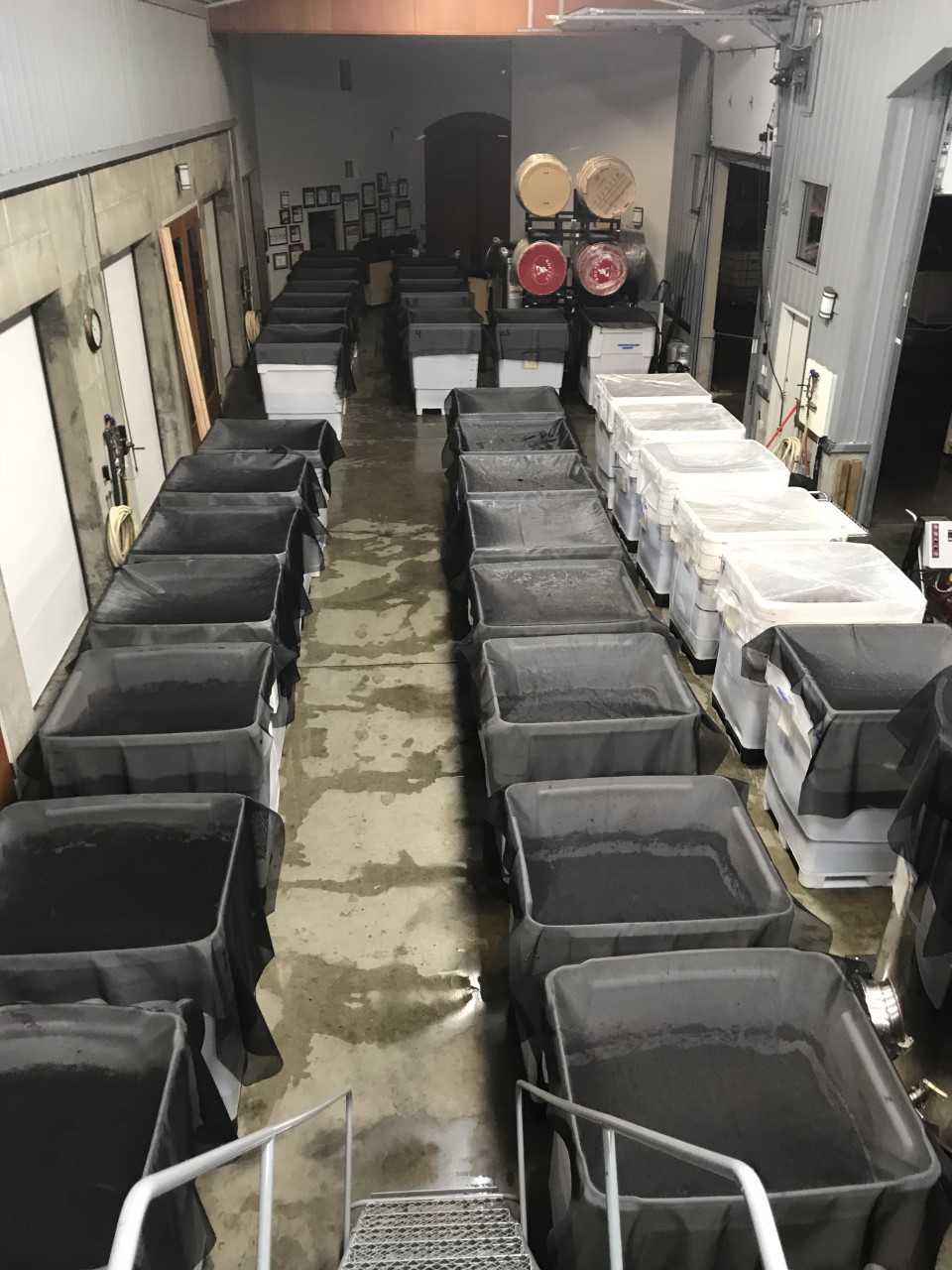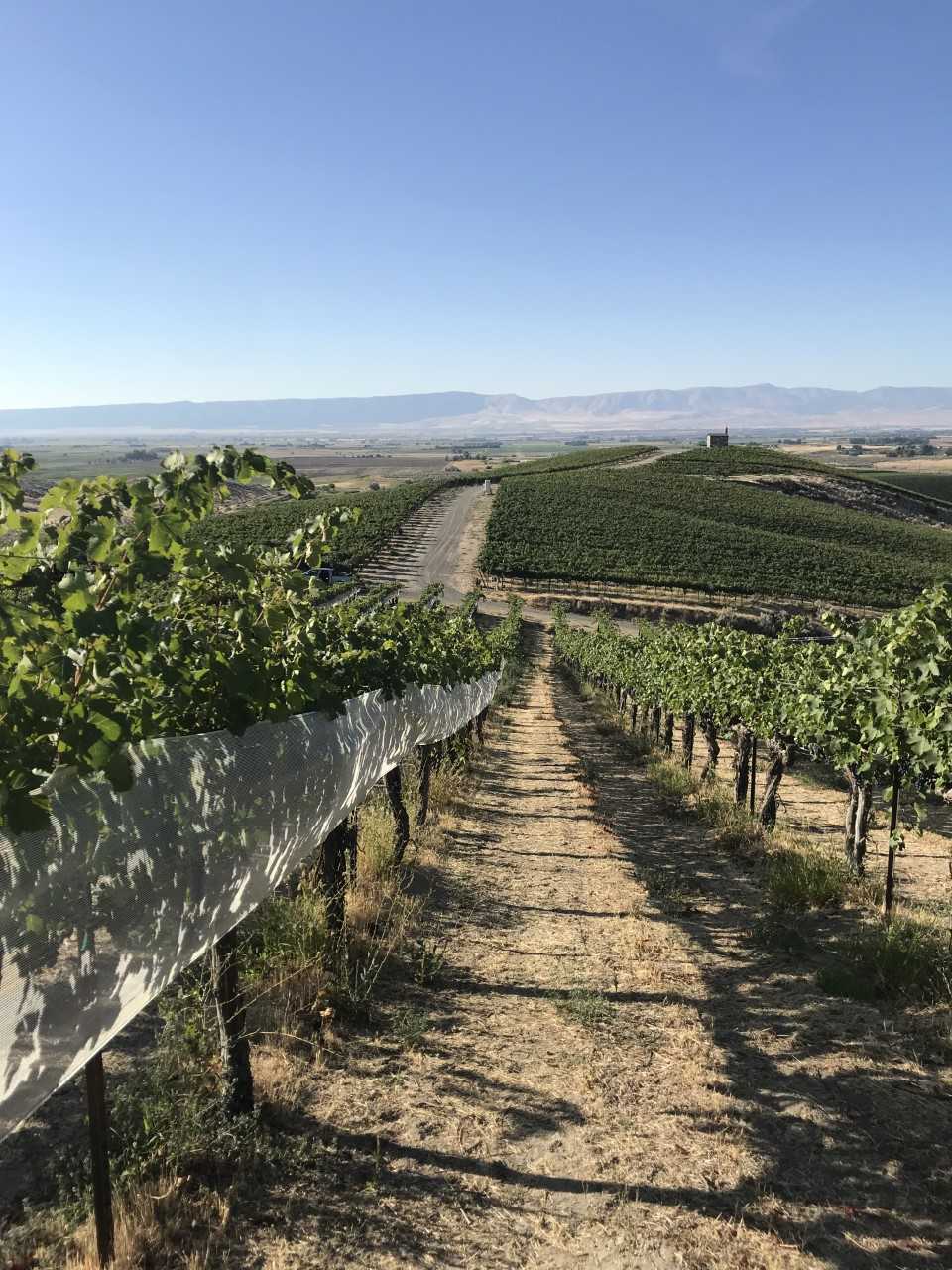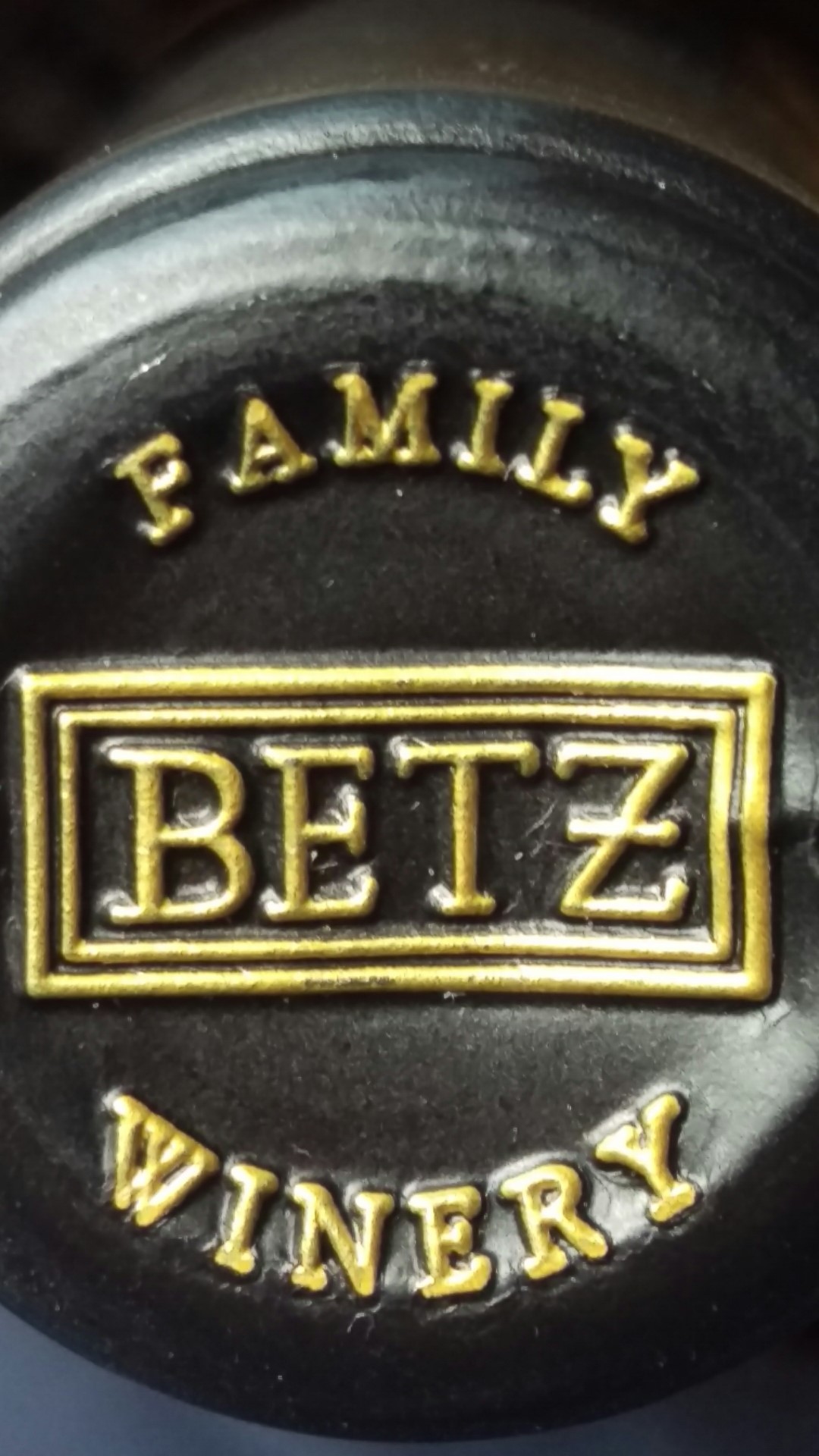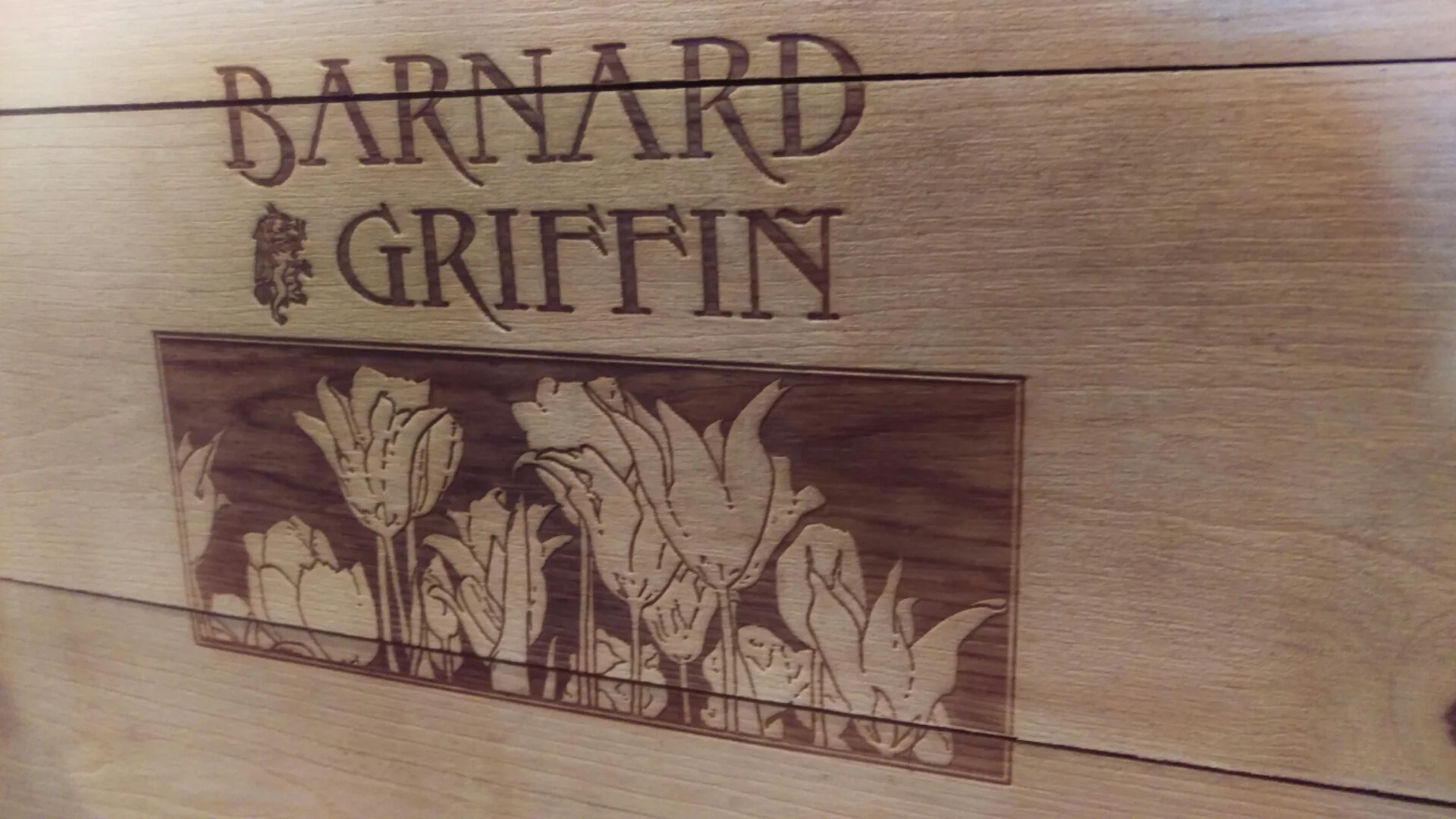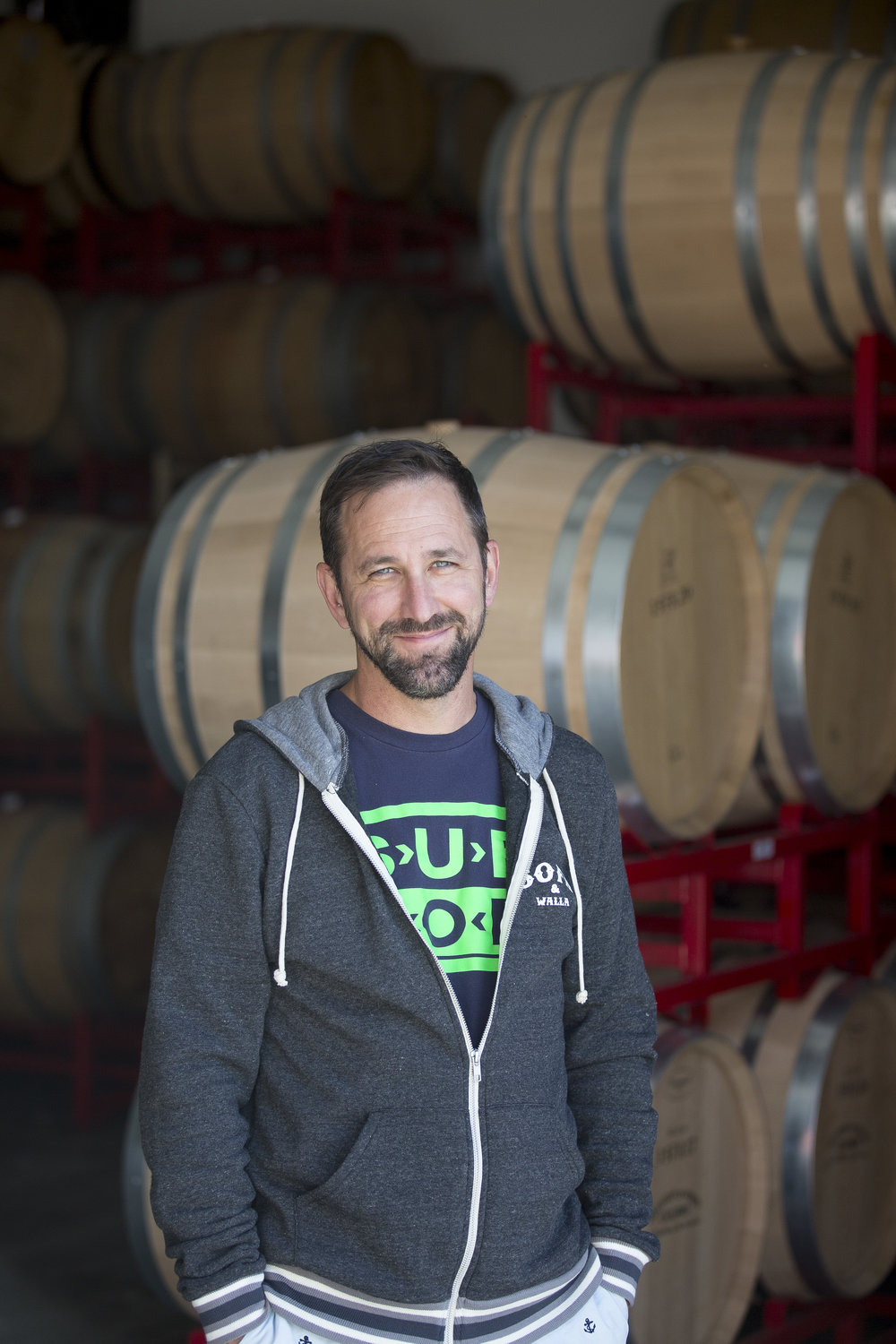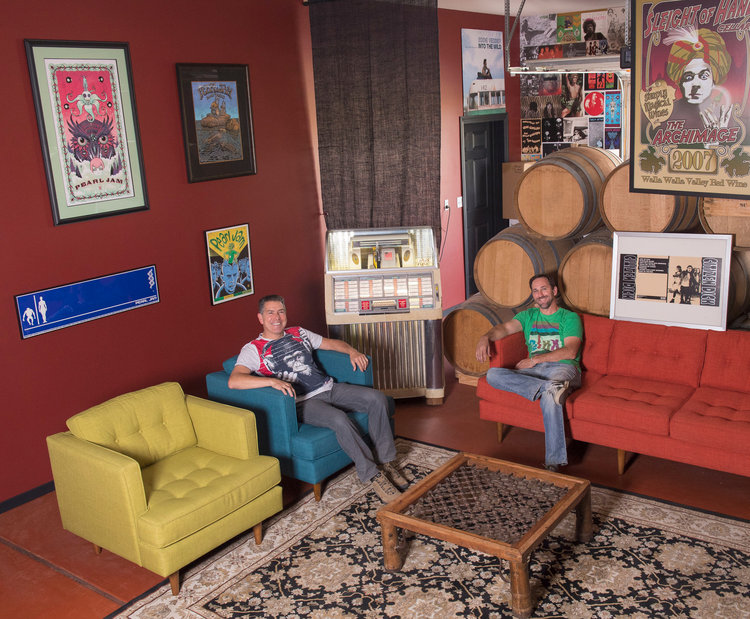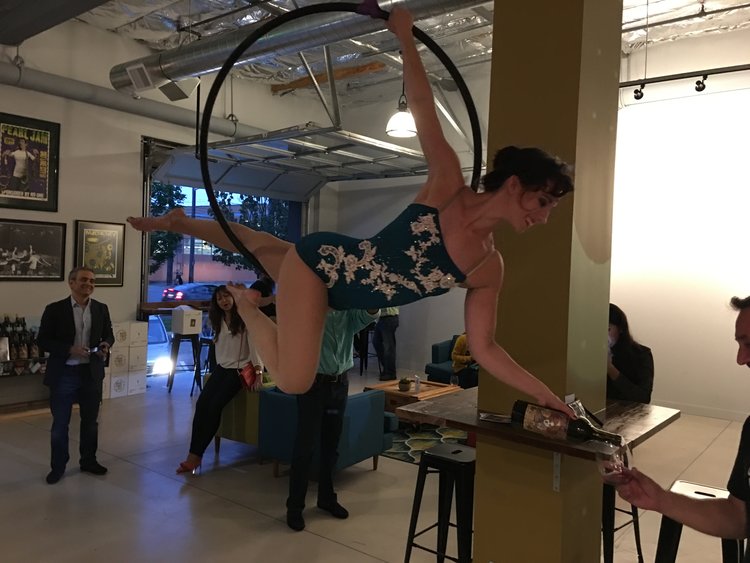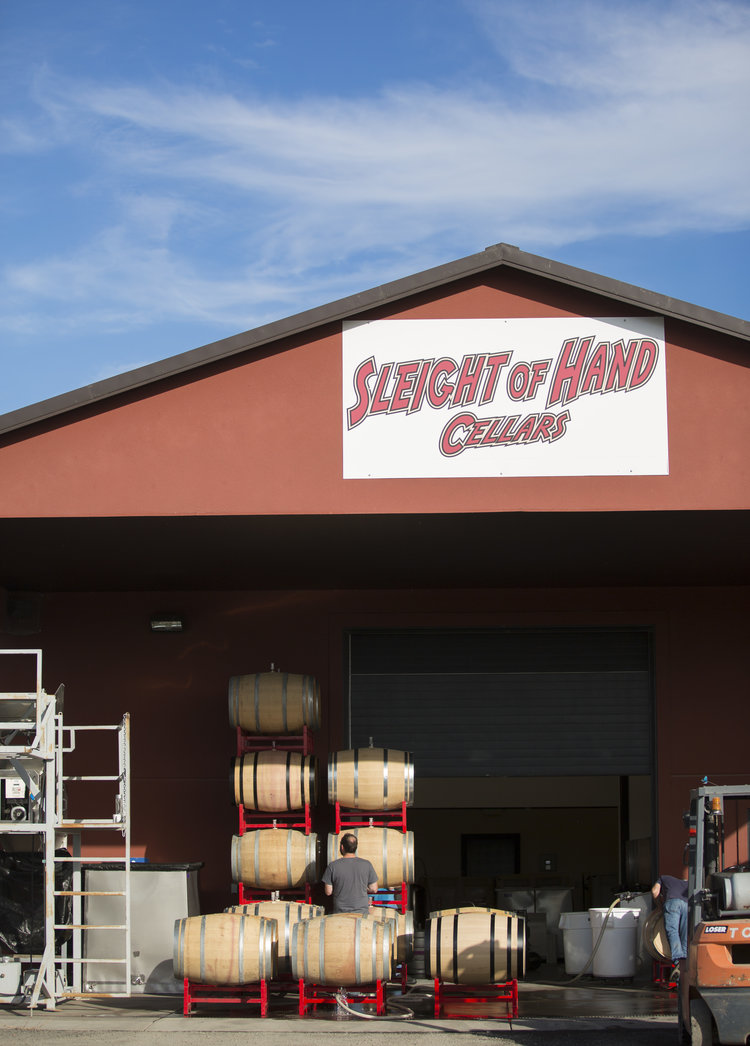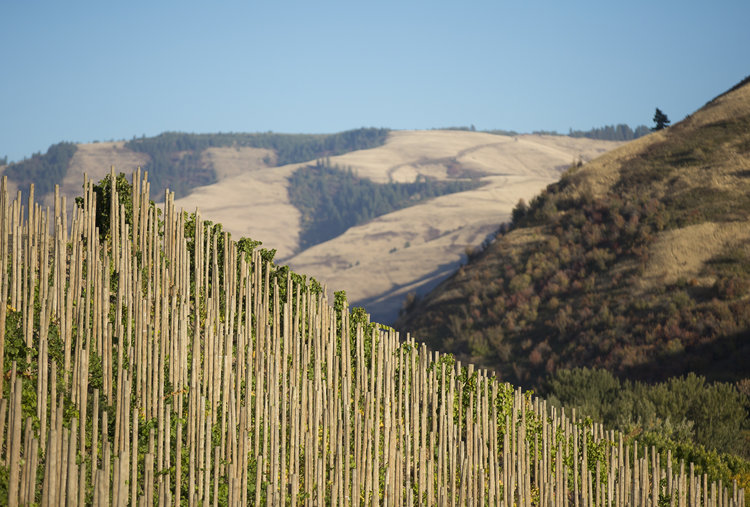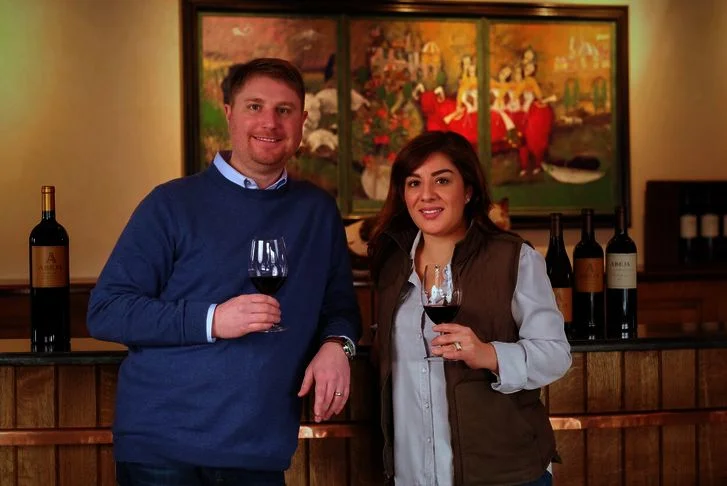Cameron Fries of White Heron Cellars
Shortly after graduating college as an English major, Cameron Fries asked his then fiancé if she’d be willing to move to Switzerland so he could study winemaking. She said yes, and the rest is history. He completed an apprenticeship at vineyards near Lake Geneva and then a degree in enology and viticulture at Changins. The couple returned to Washington in the mid 1980s, and he took jobs winemaking, first in Spokane and then at Champs de Brionne, the predecessor of Cave B. After studying south facing slopes in the area and consulting with Dr. Wade Wolfe, Cameron and his wife Phyllis bought sagebrush property between Quincy and Wenatchee overlooking the Columbia Gorge. They started planting vines in 1991, and today their Mariposa Vineyard has 15 acres of grapes planted to Bordeaux varieties, Rhone varieties, Pinot Noir, and two Swiss varieties Armigne and Arvine.
White Heron Cellars and its Mariposa Vineyard are in the Ancient Lakes AVA, a wine region Cameron Fries and Joan Davenport established in 2012. Cameron is the only winegrower in the U.S. producing the Armigne and Arvine grape varieties. He is also unique for his Central European winemaking style, which emphasizes putting most red and white grape varieties through malolactic fermentation. While working at Worden’s Washington Winery in Spokane in 1984/85, Cameron produced the first Bordeaux blend in Washington state. His first wine under the White Heron Cellars label was a 1986 Pinot Noir, released in 1988 along with a dry Riesling. Today, White Heron Cellars has two tasting rooms. The winery and vineyard are between Quincy and Wenatchee in the ghost town of Trinidad, overlooking the Columbia Gorge. Visitors can picnic and sip, while playing petanque and outdoor chess with oversized pieces. The second venue is Northwest Tastings Wine Bar in Pike Place Market, offering White Heron Cellars wines, chocolates from Schocolat in Leavenworth, cured meats from Glondo’s in Cle Elum, and cheeses from Sunny Pine Farms near Twisp.
Listen to the Interview:




























